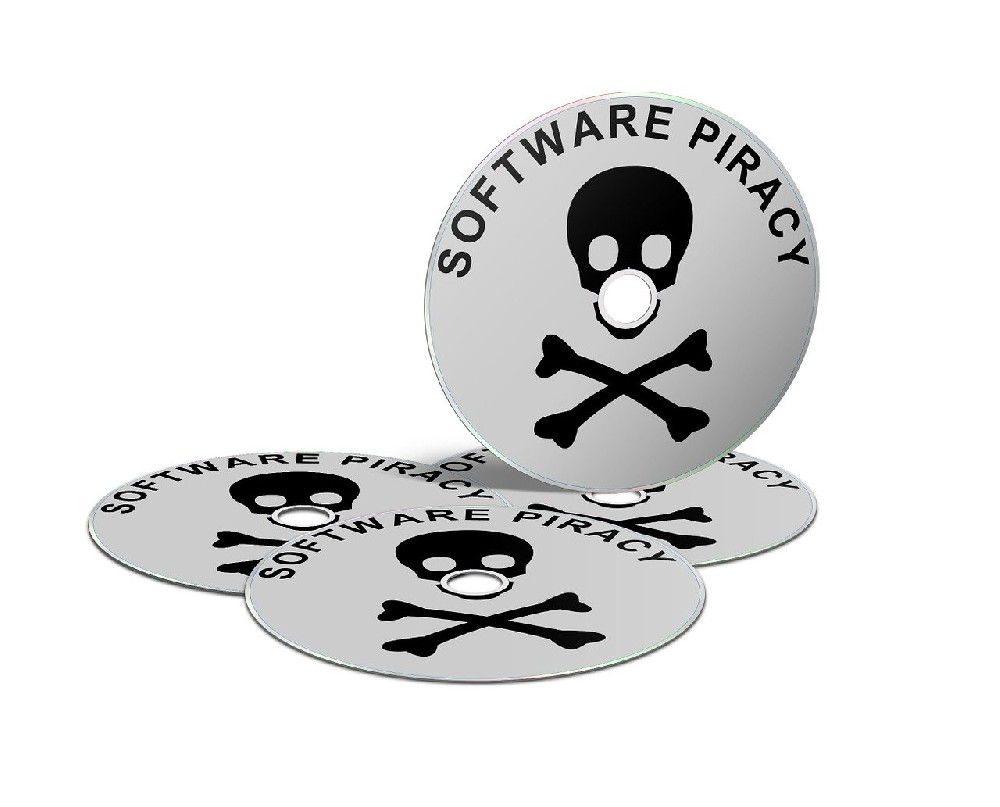In recent times, we have borne witness to a significant transformation in scientific research, impelled by rapid advancements in software technology. The once clear-cut boundaries between various scientific disciplines are becoming increasingly blurred, thanks to powerful software tools that have introduced new dimensions of data analysis and experimental design, thus accelerating the pace at which scientific breakthroughs are made. One of the most crucial developments has been in the field of bioinformatics, where sophisticated software is now indispensable for processing the vast datasets generated by genomic sequencing. These tools have made it possible to analyze genetic material at speeds once thought impossible, yielding insights into the intricacies of life and opening the door for personalized medicine and advanced genetic therapies. In environmental science, modeling software has become a cornerstone in predicting climate patterns and assessing the impact of human activities on ecosystems. These simulation programs integrate data from numerous sources to forecast weather events, track pollution, and manage natural resources, equipping scientists and policymakers with the information needed to make informed decisions regarding the health of our planet. The realm of physics has considerably benefited from software designed to handle complex calculations related to particle physics and cosmology. High-performance computing software enables physicists to simulate conditions that are unattainable in laboratory settings, such as those existing at the edge of a black hole or during the first moments after the Big Bang, furthering our understanding of the universe's origins and behavior. Software also plays a pivotal role in the pharmaceutical industry, where drug discovery and development are being revolutionized by molecular modeling programs. These programs allow for the virtual screening of compounds and the modeling of drug interactions at the molecular level, markedly reducing the need for costly and time-consuming laboratory experiments. Despite these advances, the reliance on software in science also poses significant challenges. The need for reliable and secure data storage solutions grows exponentially with the amount of data we generate. Moreover, the accuracy of conclusions drawn from software-dependent research is only as good as the algorithms and data upon which they are based, underscoring the importance of scrutiny and validation in software development for scientific applications. In conclusion, the landscape of scientific inquiry has been irrevocably altered by the integration of state-of-the-art software solutions. As we further embark upon this journey of discovery, propelled by technology, the collaborative relationship between software engineers and scientists becomes increasingly vital. The promise for continued innovation in these combined fields holds the potential to unlock answers to some of the most complex questions we have about the world around us and within us.




